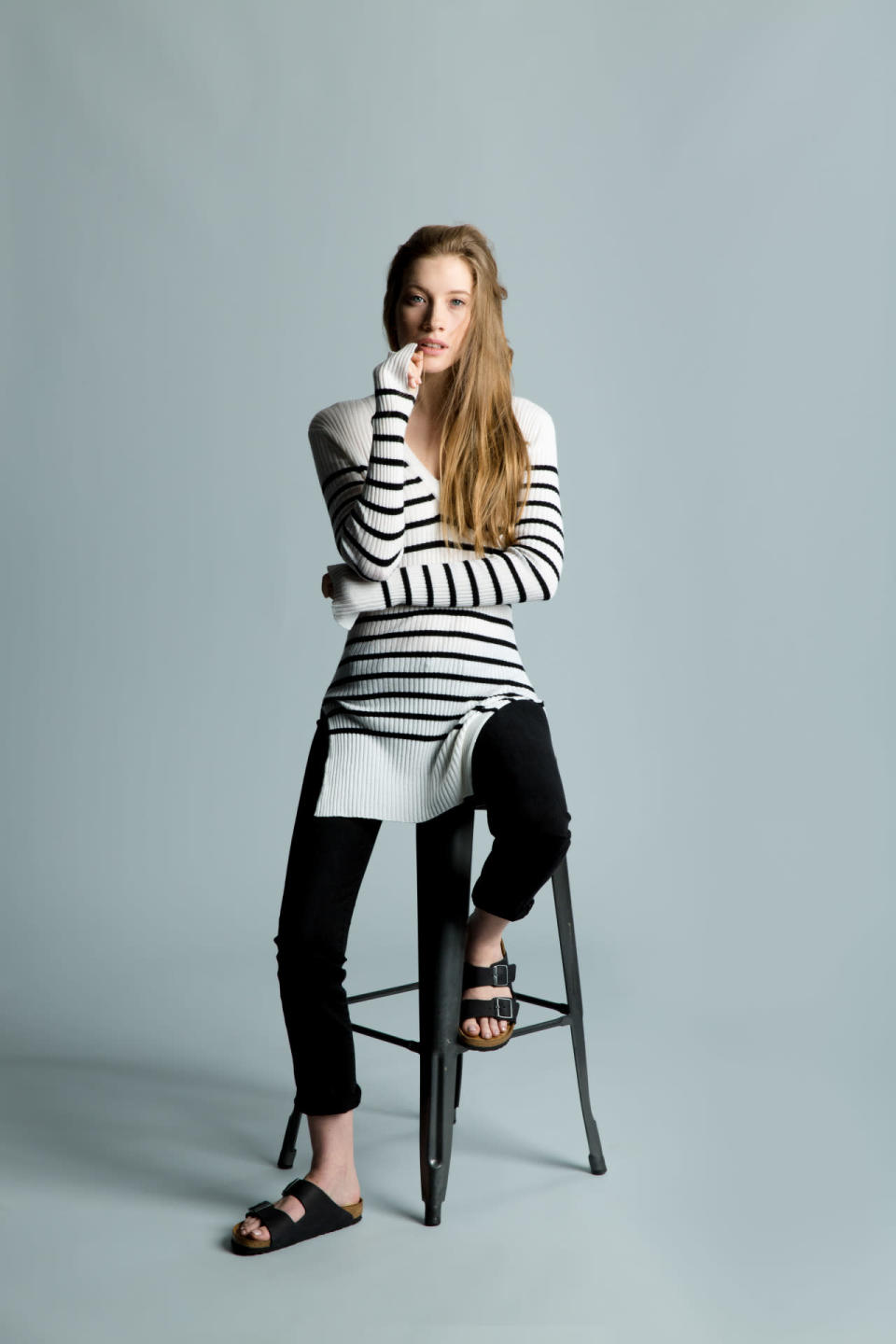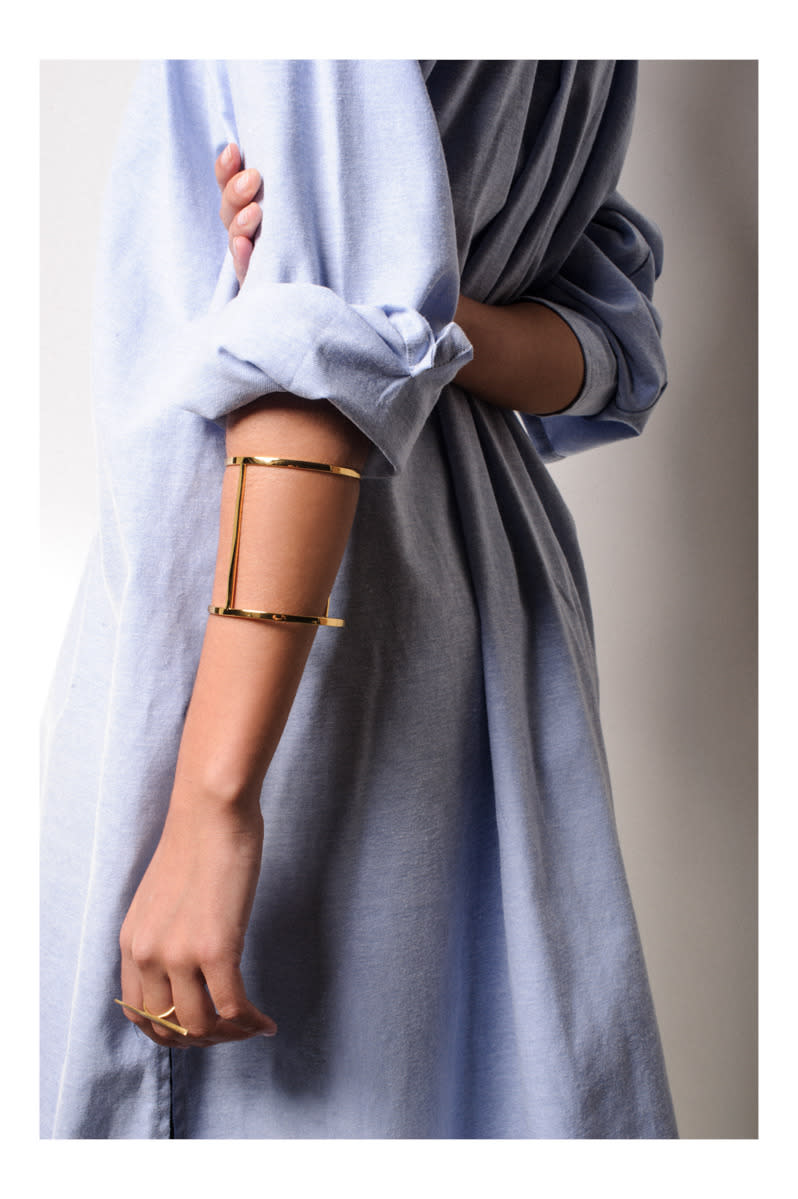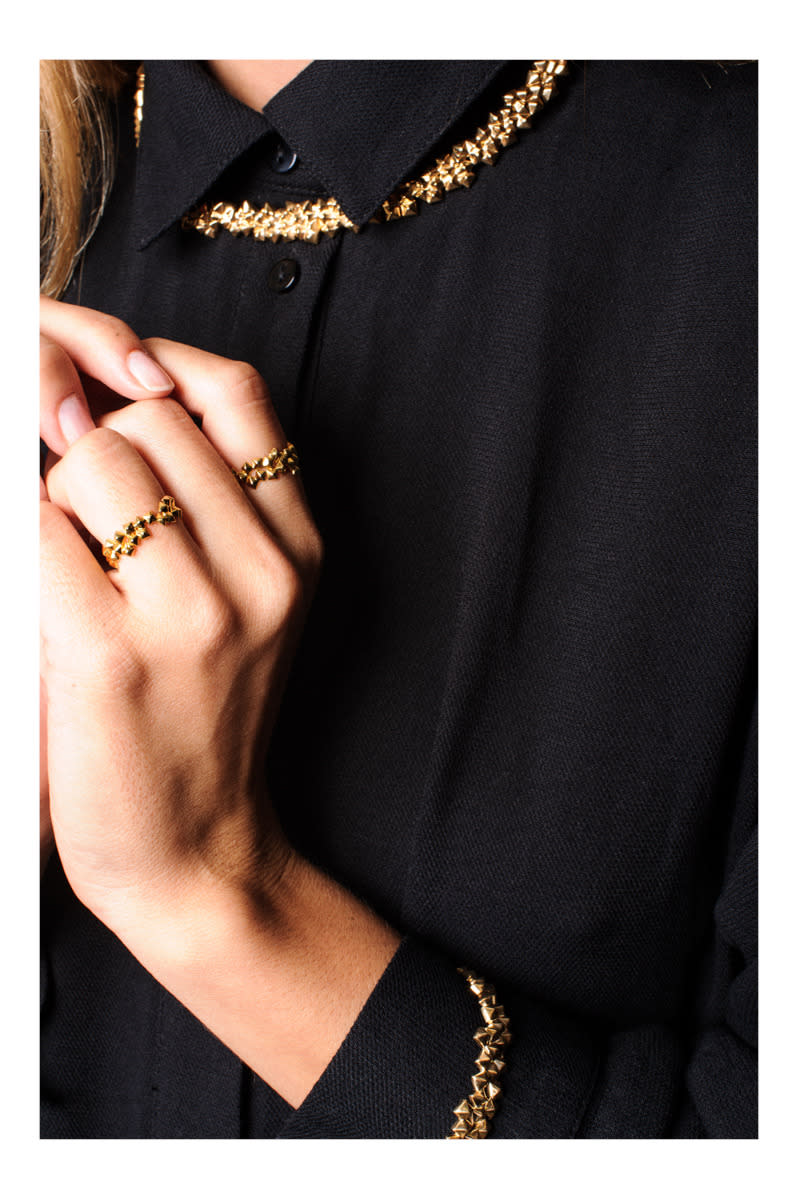The Quiet Revolution That’s Changing the Way You Shop
Lately, fashion seems to be in a constant state of flux. Fast-fashion behemoths like H&M and Zara satisfy hungry trend-lovers’ appetites with dizzying runway-to-retail speed. European luxury brands like Gucci are now street-style staples, while counter-culture brands like Vetements thrive in a world where names like Chanel and Louis Vuitton so long dominated. Not to mention the game of musical chairs between the top creative posts at leading luxury fashion houses from Calvin Klein and Christian Dior to Oscar de la Renta and Valentino.
So in an industry that seems to question what high fashion is and how fast fashion affects the industry as a whole — how do you thrive as an authentic, new fashion designer? Simple: You forge a new path.
Especially within the contemporary fashion market, we’re increasingly seeing emerging designers embracing a “direct-to-consumer” business model, often overlaid by an ethical or sustainable component. By going straight to the source for fabrics and manufacturing, eliminating middleman wholesalers, and selling to you directly online or via popup shops, these new brands are able to provide top quality products at a fraction of the cost — compare a high quality cashmere sweater priced at $3,395 by one well-known designer label with the same quality sweater from Naadam at $299.
Another important component that modern consumers want to see: transparency. Everlane pioneered the practice of telling shoppers exactly what costs factor into the final price of the garment, and now brands like Naadam are following suit. It’s a business trend we can stand behind.
Many brands also make social responsibility a priority. For Naadam, it’s giving a portion of proceeds to the Gobi Revival Fund. For New York-based jewelry brand AUrate – it’s partnering with Mastery Charter to provide books to underprivileged children through every purchase made. And for von Holzhausen, it’s partnering with L.A. organization, Hope Gardens which helps provide shelter to women and children in need.
To this new wave of direct-to-consumer designers and entrepreneurs, the business model just made sense. As Nicole Heim, the founder of Cienne, told Yahoo Style, “I was really inspired to put people at the core of my business. I wanted to be intentional with not just how we create our pieces, but also how our customers experience our brand. It felt like a missed opportunity to put a retailer in the middle of that.”
Click ahead to read more about the D2C revolution.
Follow us on Instagram, Facebook, and Pinterest for nonstop inspiration delivered fresh to your feed, every day.














